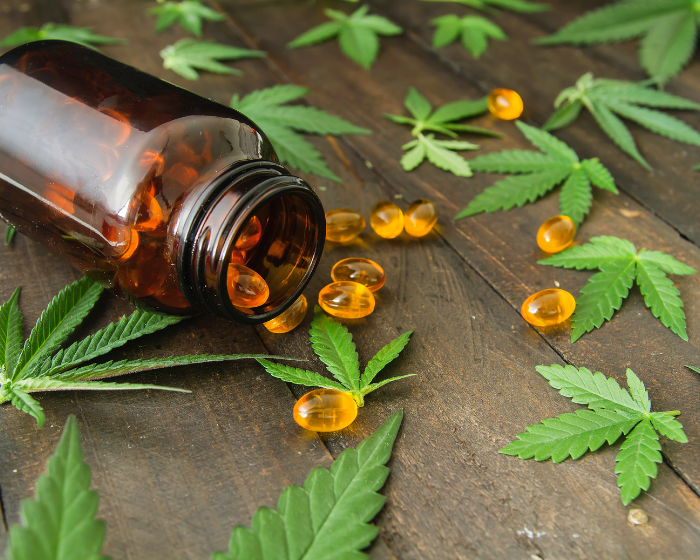Lawmakers hope to relieve the regulatory red tape associated with hemp for industrial grain and fiber product growers.

For farmers cultivating hemp to provide industrial grain and fiber to manufacturers, the cumbersome and largely unnecessary regulation gauntlet they must endure may end soon. According to numerous media outlets, lawmakers from the U.S. House of Representatives have introduced a bipartisan measure that would separate grain and fiber outputs from flower-based items like CBD and other cannabinoids.
Since the passage of the Farm Bill in 2018, hemp and its derivative products have become legal to cultivate, manufacture and sell in the United States. With that change in legal status, hemp has also come under the regulatory scrutiny of federal agencies like the U.S. Food and Drug Administration (FDA). That regulation and monitoring process includes all hemp plant parts, including industrial items like grain and fiber.

The new bill, HR 3755, co-sponsored by Reps. Matt Rosendale, a Republican from Montana, and Chrissy Houlahan, a Pennsylvania Democrat, is a companion piece of legislation to a similar measure introduced in the Senate earlier this year. Its primary aim is to extricate grain and fiber outputs from the same level of regulatory inspection as the better-known flower-derived products.
The legislation would also eliminate background checks for hemp fiber and grain growers, end mandatory sampling and testing of crops and require only a single annual inspection. Furthermore, under the proposed new rules, growers whose crops fail the inspection must produce documentation demonstrating "a clear intent and in-field practices consistent with the designation" of industrial hemp.
If unable to provide the necessary certification, their output could be subject to additional testing by regulators, according to the bill's language. Likewise, if crops do not meet the definition of hemp, producers could receive a five-year ban. Finally, the bill would prevent states and tribal governments from placing stricter requirements on industrial hemp growers than those detailed in the measure.
Both the House and Senate versions of the bill would keep CBD and all other hemp-derived cannabinoids under the regulatory jurisdiction of the FDA, which is still waiting on Congress to pass legislation to establish the legality of products containing those variants, allowing the agency to set rules on monitoring safety and compliance.
Much of the root cause for the need to pass legislation like HR 3755 and others stemmed from Congress' need for a better vision and foresight when it removed hemp from the Controlled Substances List as part of the 2018 Farm Bill. Unfortunately, that single line from an almost $800 billion mega omnibus spending bill has led to numerous legal and political hot potatoes ranging from the CBD quandary to the delta-8 THC fallout, along with a litany of other health and safety issues related to the complex mix of agriculture, chemistry, entrepreneurial creativity and governmental oversight.
For many sector observers and stakeholders, the best way to address the issues plaguing the young and burgeoning hemp industry is via the 2023 Farm Bill, which is currently under debate for its eventual passage later this year. The hope is that the lessons learned over the past five years may provide lawmakers with a better pathway forward in creating a more comprehensive and detailed infrastructure for addressing the needs and expectations of growers, manufacturers, retailers, regulators and, most importantly, the end consumer.
In the meantime, stop-gap solutions like HR 3755 will hopefully provide relief for the industrial grower and an impetus for lawmakers to finish the job they began in 2018.






































